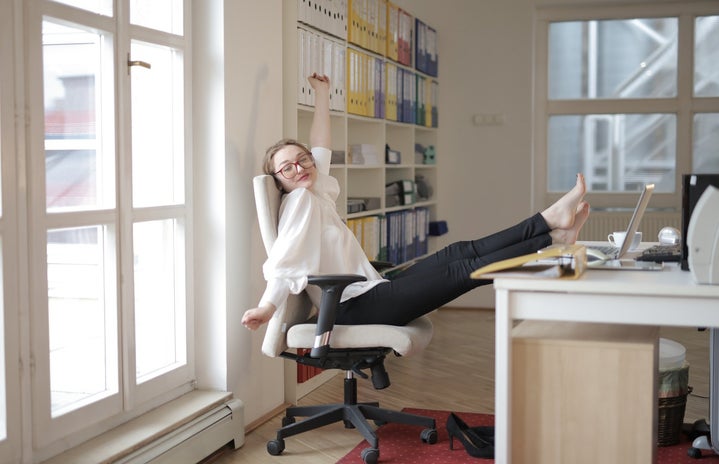The global outbreak of COVID-19 has completely redefined what was once known as normalcy. The adjustment to this new way of life has affected everyone from one way to another. But are these changes only temporary?
For these past months, everyone has been utilizing technology to its deepest advantages. Remote work has proven to be difficult for some but in terms of people using their homes as full-time office spaces, this has shown to be rather beneficial. This only begs the questions: is the office place changed forever? What lasting impacts will this pandemic impose on the future of our workplaces?
Firstly, one should address the question of if people actually want to go back to the office. People have always struggled in finding the appropriate work-life balance. Surveys prove that this balance is one of the most vital aspects of any job in order to achieve happiness. With the orthodox nature of the nine to five being challenged, people are considering if it is really in their best interest. The workplace application, Slack, conducted a survey with 4,700 knowledge workers. This survey showed, “Only 12% want to return to full-time office work, and 72% want a hybrid remote-office model moving forward.” Now it is no surprise that people do not want to go back to their traditional ways of sitting at their desks all day. Skipping out on their daily commute, reduction of traffic and more flexibility are all noteworthy benefits.

Now, what does this say about what offices will look like in the near future? These steel, high-rise buildings come with a price and it is usually not cheap. This pandemic has made companies discover that remote work is actually a lot more profitable and if it makes their employees happier, then this usually means more productivity as well. The survey showed that people want more of a hybrid concept. This means they would prefer to work from home but also go to the office from time to time. So, is there even still a need for these office spaces? Jeanna Lundberg, CEO of Respaces, said in an interview, “As companies dare to explore options beyond the ‘one-size-fits-all’ office solution, we can start sharing spaces in a new way. Imagine if you could have access to inspiring new locations adapted for different tasks and projects—wherever you are.”
As the nation looks to rebuild its economy, there will be a lot of transformations in other aspects of everyday life as well. The maintaining of productivity in the midst of employees fully working from home proves that there can possibly be more room for flexibility in the future of workplaces. As for the role of offices, the world might see them take on a completely different purpose. There are endless options when it comes to what these outcomes will look like. At this point, it is hard to predict. However, the expansion of technology and the current social trends will begin to shape the direction the workplace is headed.
Want to see more HCFSU? Be sure to like us on Facebook and follow us on Instagram, Twitter, TikTok, Youtube and Pinterest!



